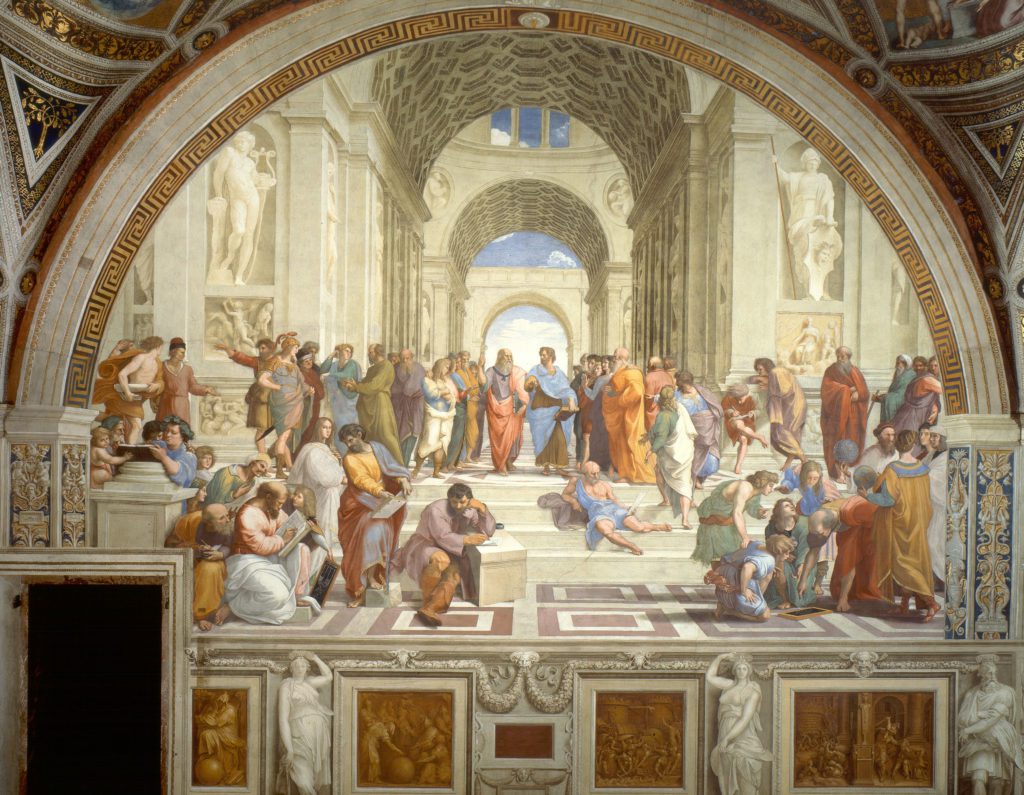Every civilisation has passed on to us its knowledge and experience of the essential laws of life. A systematic and comparative study of this vast heritage enables us to discover the universal and timeless ideas that have formed characters, shaped visions of the future and helped men and women to meet the challenges of their time.
Understanding essential, universal principles can help us develop an inner attitude that will enable us to deal more successfully with life’s unavoidable difficulties.
Philosophy itself marks an approach to life – philosophy as a way of living, which is best described with a tale about Pythagoras, the first person to refer to themselves as a ‘philosopher’. “I am not “sophos” (wise), but “philo-sophos” (a lover of wisdom). Philosophy teaches us universal human values and gives us practical examples of how to seek wisdom and lead life in accordance with the universal ideals like fraternity, solidarity or generosity.
In this first evening of the course we will consider the value of a timeless or perennial philosophy and how it can illuminate science, politics, religion and art; and we will explore the difference between timeless ethics and practical morality. We also cover Macrocosm and Microcosm: the interconnectedness of all things and an Introduction to Ethics. This can help us to recognise and develop human values.
